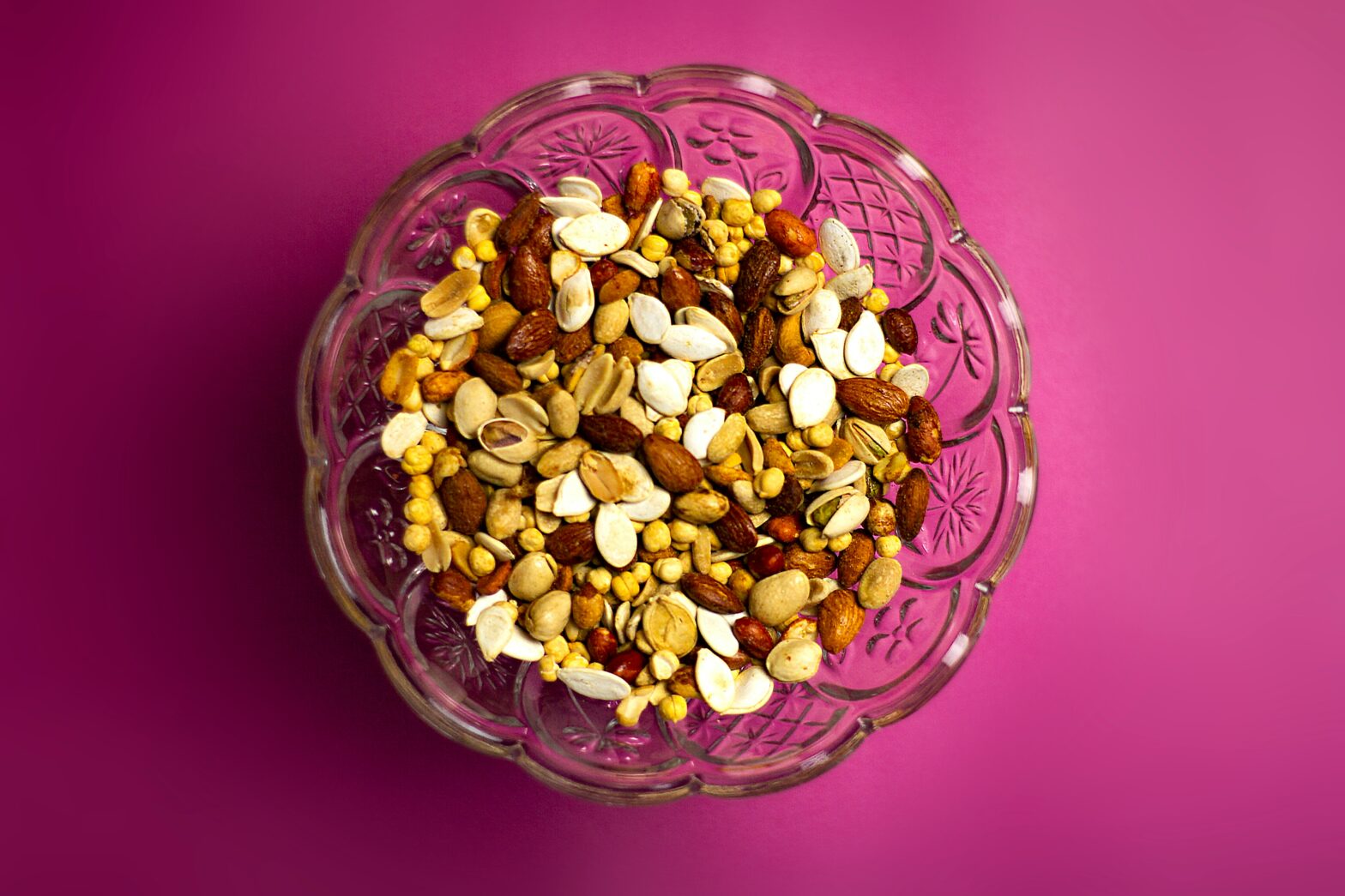Dr. Kera Nyemb-Diop leads ‘The Black Nutritionist,’ a platform empowering Black women to embrace their bodies and culinary heritage. She is also a nutrition scientist who focuses on ingredient technology and digestive/metabolic health. The Black Nutritionist talked with Travel Noire about the physiological impacts of food choices during air travel.
According to Dr. Nyemb-Diop, eating the wrong meals at high altitudes can lead to discomfort and digestive issues. Dr. Nyemb-Diop explained that it is important to make mindful food choices while flying, as the combination of cabin pressure and reduced oxygen levels can affect digestion and nutrient absorption. She emphasized the importance of staying hydrated and opting for lighter, easily digestible meals to ensure a more comfortable journey.
Travel Noire: Can you elaborate on the physiological effects of certain foods before and during flights? How these choices can impact passengers during air travel?
Dr. Kera Nyemb-Diop: Air travel brings challenges like jet lag, dehydration, and digestive issues. Mindful food choices, considering light exposure, melatonin, and caffeine, can help mitigate these effects. Contrary to common belief, caffeine isn’t a strong diuretic during flights, making it valuable for sleep management.
TN: Are there specific considerations or precautions that individuals with dietary restrictions or medical conditions should take into account when making food choices before flying?
KNB: Individuals with dietary restrictions or medical conditions should plan meals carefully, focusing on smaller, well-timed options to reduce bloating and fatigue. Hydration is crucial, and maintaining water intake helps combat dehydration, contributing to overall well-being during the journey.
TN: How do different types of diets, such as vegetarian, vegan, or gluten-free, influence the travel experience? What advice do you offer for maintaining these dietary preferences while flying?
KNB: Various diets impact travel differently. For vegetarians, vegans, or those with gluten-free preferences, planning ahead is key. Bringing snacks like bars, fruit, and nuts for longer flights ensures dietary needs are met, providing a satisfying and nourishing travel experience.
TN:Can you share insights into the relationship between hydration and air travel?
KNB: Hydration is crucial during air travel. Consume water regularly, and limit alcohol intake, as its effects are intensified at high altitudes. A well-hydrated body contributes to overall well-being during the journey, combating common issues associated with dehydration during flights.
TN: Are there certain food categories that passengers should generally avoid before flying to minimize digestive issues or discomfort? How does the timing of meals before a flight impact passengers’ well-being during travel, and do you have any suggestions for optimizing meal timing for a more comfortable journey?
KNB: Avoiding heavy, greasy foods before flying helps minimize digestive issues. Opt for smaller, well-timed meals. Consider the Argonne diet, alternating between high-protein and fasting/low-carb days, to reduce jet lag and enhance overall comfort during air travel.
TN:In your opinion, what role do airline meals play in the overall dietary considerations for air travel? How can passengers make informed choices when selecting in-flight meals?
KNB: Airline meals are crucial for passengers’ well-being during travel. Consider the timing and composition of these meals to optimize nutrition. For longer flights, bringing snacks like bars, fruit, and nuts ensures dietary needs are met, supplementing meals and guaranteeing a satisfying and nourishing journey.
TN: Many products in the market, like foods and supplements, claim to help with the discomfort of air travel, using ingredients such as melatonin and herbs. What’s your perspective on these products?
KNB: While numerous products claim to ease air travel discomfort, it’s crucial to rely on evidence-backed choices. Many lack scientific studies during actual flights. Passengers should consider products with proven effectiveness, especially given the unique challenges of air travel. Critical evaluation of claims ensures informed choices for a more comfortable journey.
Healthy Jet Setting Tips

The Black Nutritionist shares tips on how you can avoid common problems related to eating unhealthy food. By following these tips, you can ensure that you remain balanced and nutritious even when you’re on the go.
Caffeine:
- Maintain regular caffeine intake during flights for hydration and to manage sleep.
- Consider slow-release caffeine for faster adjustment of your internal body clock.
Alcohol:
- Limit alcohol intake during flights due to heightened effects at high altitudes.
Melatonin:
- Use melatonin supplements for jet lag, considering timing for advancing or delaying your internal clock.
Meal Timing:
- Opt for smaller, well-timed meals before and during flights.
Meal Composition:
- Include foods rich in tryptophan and carbs for better sleep:
- Poultry, fish, dairy, nuts, seeds, legumes, tofu, soy, whole grains, fruits, and dark chocolate.
- Balance your diet, considering fats or carbs for smoother travel.
- Be cautious with high-fiber diets to avoid digestion issues during flights.
This article has been edited and condensed for length and clarity.
